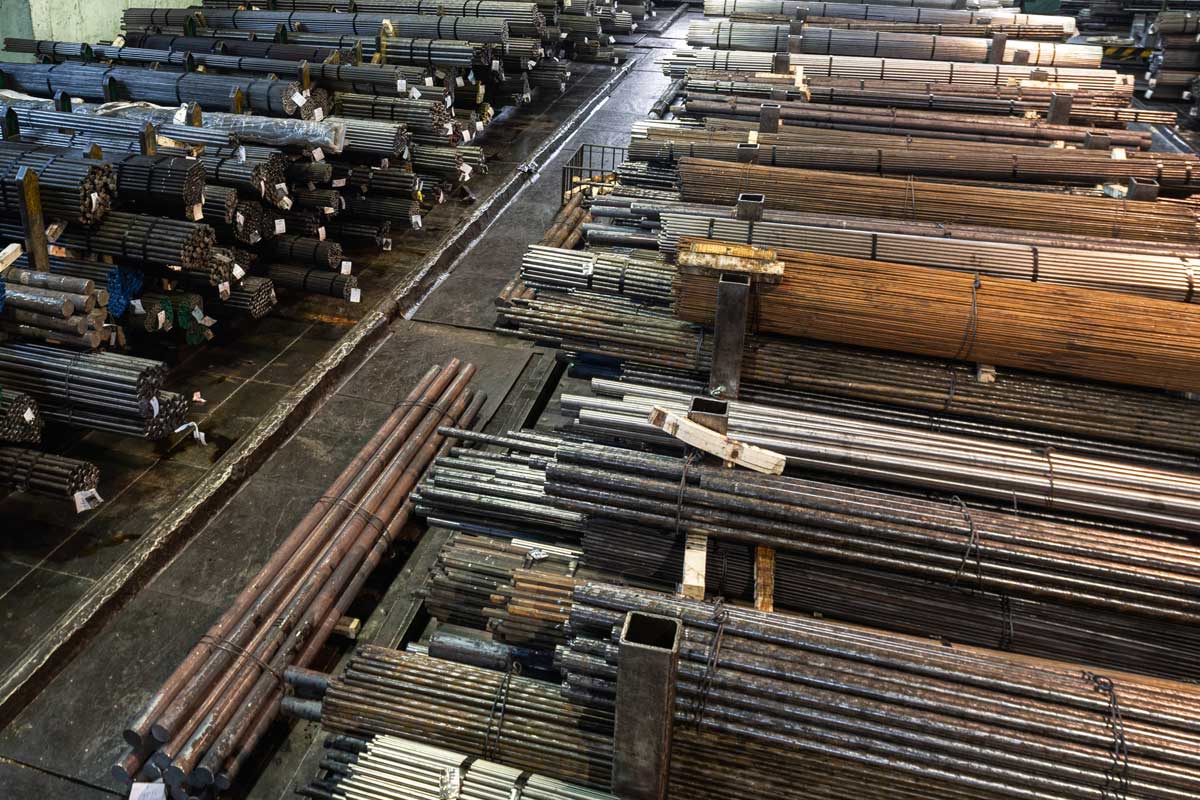4140 alloy is widely used in various industries for demanding applications. Let's delve into the metallurgy behind this remarkable material.
The 4140 alloy steel belongs to the chromium-molybdenum (CrMo) steel family, renowned for its excellent mechanical properties. It contains chromium (0.80-1.10%), molybdenum (0.15-0.25%), and a nominal carbon content of 0.38-0.43%. This composition contributes to the exceptional properties of the 4140 alloy.
The presence of chromium provides improved hardenability, wear resistance, and corrosion resistance to the 4140 alloy steel. It forms chromium carbides, which enhance the material's hardness and resistance to wear and abrasion. Additionally, chromium promotes the formation of a protective oxide layer, offering corrosion resistance in various environments.
Including molybdenum in the 4140 alloy steel enhances its strength and toughness. Molybdenum forms hard carbides, improving the alloy's resistance to deformation and making it ideal for applications requiring high strength and impact resistance. Furthermore, molybdenum contributes to the alloy's ability to withstand high temperatures, making it suitable for elevated-temperature applications.
The carbon content in the 4140 alloy steel plays a crucial role in its mechanical properties. It provides strength and hardness to the material through the formation of carbides during heat treatment. The controlled carbon content ensures an optimal balance between hardness and machinability, allowing for easy fabrication and machining.
Due to its exceptional properties, the 4140 alloy steel finds applications in various industries, including aerospace, automotive, oil and gas, and machinery manufacturing. It is commonly used to produce critical components such as shafts, gears, bolts, and structural parts that require high strength, toughness, and wear resistance.


